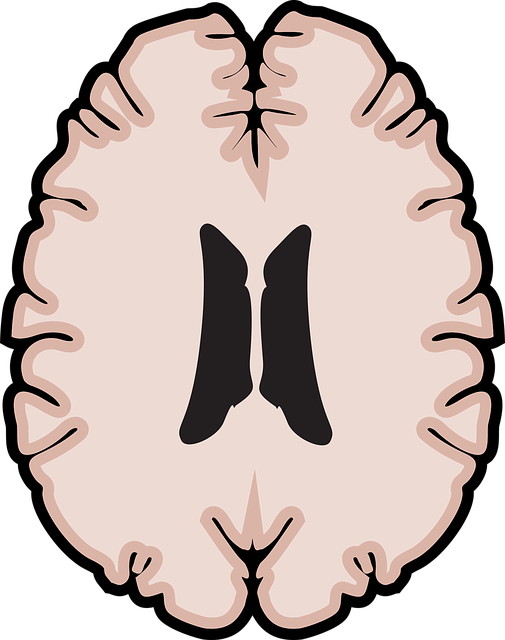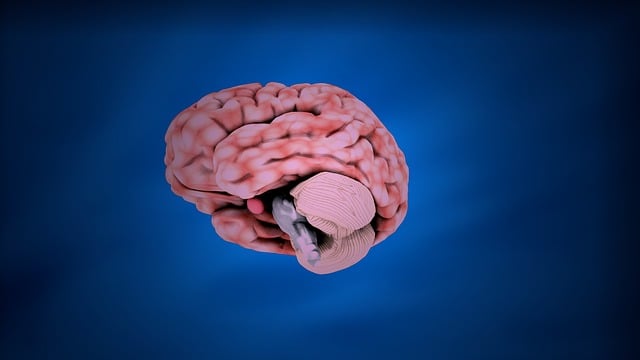Parker Terminal Illness Therapy offers a holistic approach to mental wellness for individuals facing terminal illnesses. Their specialized programs, led by expert healthcare professionals, include education, coping skills development, and self-care routines to accurately diagnose and effectively manage conditions like depression and anxiety disorders. By addressing both mind and spirit, Parker Terminal Illness Therapy revolutionizes care, empowering patients to navigate their mental health journey with resilience and improved overall well-being.
Navigating the mental health system can be daunting, especially when seeking diagnosis and treatment. This comprehensive guide aims to demystify the process with a focus on understanding mental illness and effective healing journeys. We explore crucial aspects like early recognition and the pivotal role of therapy, particularly Parker Terminal Illness Therapy, in guiding individuals through complex treatment networks. By examining practical steps and strategies, this article empowers readers to actively participate in their care, ensuring better outcomes and improved well-being.
- Understanding Mental Illness Diagnosis: A Comprehensive Guide
- The Role of Parker Terminal Illness Therapy in Treatment Navigation
- Practical Steps to Navigate the Healing Journey Effectively
Understanding Mental Illness Diagnosis: A Comprehensive Guide

Mental illness diagnosis is a complex process that requires a thorough understanding of an individual’s symptoms and overall mental wellness. It involves a comprehensive evaluation by qualified healthcare professionals, often including psychiatrists, psychologists, and therapists, who employ various assessment tools and techniques. This process aims to accurately identify the specific type and severity of mental health conditions, such as depression, anxiety disorders, bipolar disorder, or schizophrenia, among many others.
At Parker Terminal Illness Therapy, we recognize that seeking a diagnosis is often the first challenging step towards recovery. Our Mental Wellness Podcast Series Production focuses on educating individuals about their options and empowering them to take charge of their mental health journey. Through our Coping Skills Development programs, we guide clients in learning effective strategies to manage symptoms and improve Self-Esteem Improvement, fostering a sense of resilience and hope. We believe that with the right support and guidance, navigating the path to diagnosis and treatment can be transformative, leading to enhanced mental wellness and a brighter future.
The Role of Parker Terminal Illness Therapy in Treatment Navigation

Parker Terminal Illness Therapy plays a pivotal role in assisting individuals navigating the complex landscape of mental illness diagnosis and treatment. This specialized therapy goes beyond traditional approaches by focusing on holistic healing, encompassing both the mind and spirit. It empowers patients to develop essential coping mechanisms, fostering resilience against the challenges that often accompany terminal illnesses.
Through tailored programs like Self-Care Routine Development for Better Mental Health, Social Skills Training, and Mental Wellness Coaching, Parker Terminal Illness Therapy offers a comprehensive support system. These initiatives enable individuals to enhance their social interactions, cultivate healthy habits, and ultimately improve their mental wellness. By addressing these aspects, the therapy revolutionizes how we perceive and manage terminal illness, ensuring folks receive holistic care that transcends the conventional medical model.
Practical Steps to Navigate the Healing Journey Effectively

Navigating the journey towards mental healing can be challenging, but with the right strategies, individuals facing depression or other conditions can find their path to recovery. Here are some practical steps inspired by Parker Terminal Illness Therapy that offer a roadmap for effective navigation:
1. Education and Self-Awareness: Understanding your condition is empowering. Educate yourself about mental health, specifically targeting your diagnosed illness. This knowledge equips you to recognize triggers, symptoms, and potential treatment options. By becoming more self-aware, you gain valuable insights into your emotional responses, enabling better management of your mental well-being.
2. Connect with Support Systems: Building a strong support network is vital. Reach out to friends and family who can provide emotional support and understanding. Consider joining support groups where you can share experiences and learn from others facing similar challenges. Professional help through therapy or counseling also plays a significant role, offering tools for coping strategies and emotional regulation, which are crucial aspects of depression prevention.
3. Develop Healthy Habits: Incorporate lifestyle changes that promote mental health. Regular exercise, healthy eating, and sufficient sleep have profound effects on your emotional state. These habits contribute to improved overall well-being and can significantly enhance the effectiveness of treatment plans.
4. Practice Self-Care: Prioritize activities that nurture your mind and soul. This could include meditation, yoga, or engaging in hobbies you love. Setting aside time for relaxation and enjoyment is essential for emotional regulation and can serve as a valuable coping mechanism.
5. Advocate for Yourself: Learn about your rights within the mental health system and the available services. Stay informed about local resources, including community mental health centers and support programs. Effective advocacy ensures you receive appropriate care and can lead to better access to specialized treatments, such as those offered by professionals focusing on Mental Health Policy Analysis and Advocacy.
Navigating the mental health care system can be daunting, but with the right tools and support, healing is achievable. The comprehensive guide on understanding diagnosis provides a solid foundation, while Parker Terminal Illness Therapy offers specialized assistance in treatment navigation. By following practical steps outlined in this article, individuals can actively participate in their healing journey, ultimately fostering resilience and improved mental well-being. Remember, seeking help is a sign of strength, and with the right guidance, recovery is within reach.














